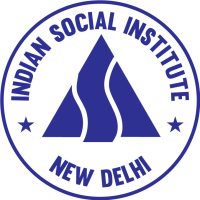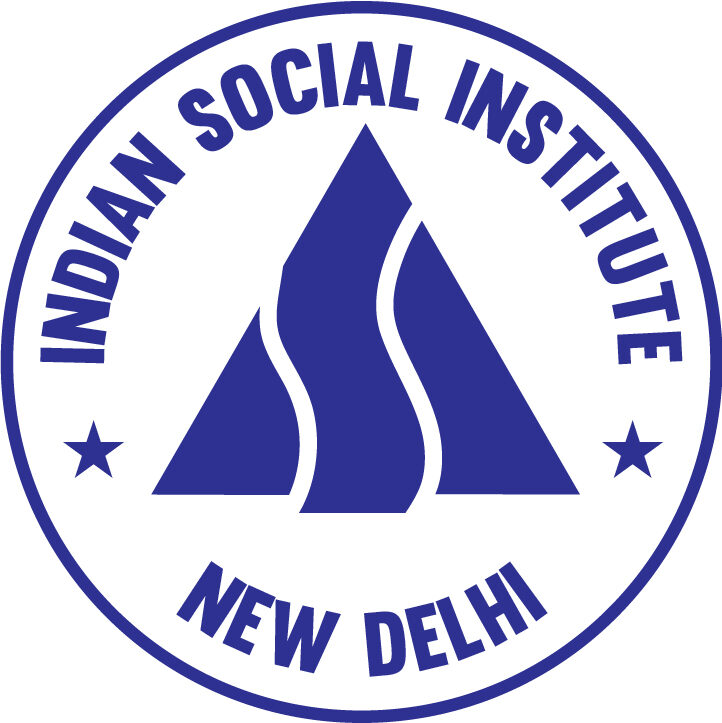Research Projects Completed in 2023
1. ‘The Nature and Extent of Child Labour in the Tea Gardens of Nagaon district of Assam’ by Ravi Sagar, Funded by DKA Austria.
The project was undertaken due to the prevalence of child labour in the Nagaon district. Significant findings in the report state that nearly 4,365 children aged between 6-18 years are engaged in tea garden work. One common conclusion to this issue is illiteracy. Observations from the fact-findings highlighted child marriage, alcohol consumption, lack of education of the children, and lack of awareness of the need for girl child education as core issues. The study suggests proper educational management, vigilance on the part of government committees on child labour, and awareness of the effects of early marriage, health, and hygiene. Despite certain constraints during the process, the research resulted in various findings that could be considered by civil society and government officials.
2. ‘Impact of COVID-19 in Rural India: A Cross-sectional Study from 12 States’ by Alwyn D’Souza and Shinu Joseph for the Jesuit collective India, 2023. Funded by ISI, New Delhi.
The Jesuit Collective India, consisting of the Conference Development Office (CDO), Indian Social Institute, Delhi and Lok Munch (People’s Forum), completed the research study on the impact of COVID-19 in rural India from the perspective of marginalised communities like the Dalits, Adivasis, women and children. It focuses on livelihood, children’s education, health, and social security schemes. The research study was conducted in 12 states, covering 474 villages in 46 districts, from June 2021 to January 2022. A fact sheet was released at a webinar on June 21 2022, and the final report was published in March 2023.
3. ‘Disparity in Access to Education in Aspirational Districts in Odisha, Jharkhand and Chhattisgarh’, by Dr. Thomas Varghese and Dr. Arun Oraon, Funded by the National Human Rights Commission.
The objective of the research was to assess the implementation of the current educational initiatives and programmes in the six Aspirational Districts of Kandhamal and Kalahandi (Odisha), Lohardaga and Chatra (Jharkhand), and Kanker and Korba (Chhattisgarh). The qualitative and quantitative study dealt with parents, students, and teachers. The sample consisted of 930 parents and 932 students from 36 villages and 36 schools, respectively, from six aspirational districts of Odisha, Jharkhand and Chhattisgarh. The study’s findings showed many socio-economically disadvantaged groups in India. As a result, there is a disparity in access to education concerning region, gender, and location.
4. ‘Indigenous-Led Participatory and Cumulative Impact Assessment (IPCIA) on Traditional Ecosystem Services: About Bagru Hills, Jharkhand and Niyamgiri, Odisha’,by Dr. Bipin Jojo, and Dr. Vincent Ekka, Funded by Aluminium Stewardship Initiative (ASI), Australia.
5. ‘Religious Pluralism in India: Ethnographic and Philosophic Evidences, 1886-1936’, (2023), by Dr. Subhadra C. Mitra and Lancy Lobo. London and New York: Routledge
This volume explores Hinduism’s inherent pluralism through ethnographic and philosophical evidence, as presented in the Journal of Anthropological Society of Bombay. The essays, dated 1886–1936, represent a period that marked the emergence of a European-educated native intelligentsia with a rationalist outlook.
Written during a particular historical and intellectual period that reflected certain key patterns—a period just following the Bengal Renaissance of the nineteenth century, which ushered in the ideologies of a reformative Hinduism— this volume highlights how religions of all denominations have influenced each other and appear to have mingled beliefs and practices from multiple sources. It shows how tolerance, inclusiveness, and syncretism have been part of India’s religious and social history.

